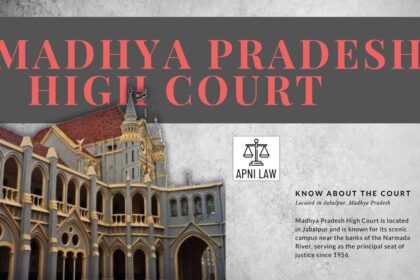Code: Section 285 BNSS
285.
(1) In trials under this Chapter, the procedure specified in this Sanhita for the trial of summons-case shall be followed except as hereinafter mentioned.
(2) No sentence of imprisonment for a term exceeding three months shall be passed in the case of any conviction under this Chapter.
Explanation of Section 285 BNSS
Adherence to Summons-Cases Procedure
Section 285 of the BNSS outlines the procedure to be followed in summary trials. It mandates that the trial procedure for summons-cases will be applied, with some exceptions as provided in the Sanhita. This ensures that the process remains streamlined, reducing procedural complexities and allowing for quicker legal proceedings.
Limit on Imprisonment Term
One significant provision in this section is the limitation on the term of imprisonment. In summary trials, if the accused is convicted, the sentence of imprisonment cannot exceed three months. This provides for a more lenient approach in terms of punishment for offenses adjudicated through the summary process, balancing efficiency with fairness.
Illustration
Example 1: Trial of Minor Offense
A person is tried under a summary trial for a minor offense (e.g., causing a public nuisance). The trial follows the summons-case procedure, and if convicted, the maximum term of imprisonment that can be imposed is three months, in line with Section 285.
Example 2: Application of Summons-Case Procedure
In a case of simple assault, the trial follows the summons-case procedure, which is generally quicker and less formal than full-fledged trials. The accused is convicted and sentenced to a term of imprisonment of less than three months, complying with the limits set by Section 285.
Common Questions and Answers on Section 285 BNSS
1. What is the “summons-case procedure”?
- Answer: The summons-case procedure refers to a simplified trial process that is typically used for less serious offenses. It involves fewer formalities and is quicker compared to regular trials.
2. Why is there a limit on the imprisonment term for summary trials?
- Answer: The three-month limit serves to ensure that summary trials are reserved for less serious offenses. It aims to balance justice with efficiency, preventing lengthy prison sentences for minor crimes.
3. Can a person convicted in a summary trial be sentenced to more than three months in prison?
- Answer: No, under Section 285, no sentence of imprisonment exceeding three months can be passed in summary trials, regardless of the offense.
4. Are there any exceptions to the summons-case procedure?
- Answer: Yes, while the summons-case procedure is followed, there may be specific exceptions outlined in the BNSS, which will apply depending on the nature of the offense or trial.
Conclusion
Section 285 BNSS ensures that summary trials follow a streamlined procedure akin to that of summons-cases. It also introduces a limit on imprisonment for those convicted in summary trials, ensuring that only minor sentences are passed for relatively minor offenses.








